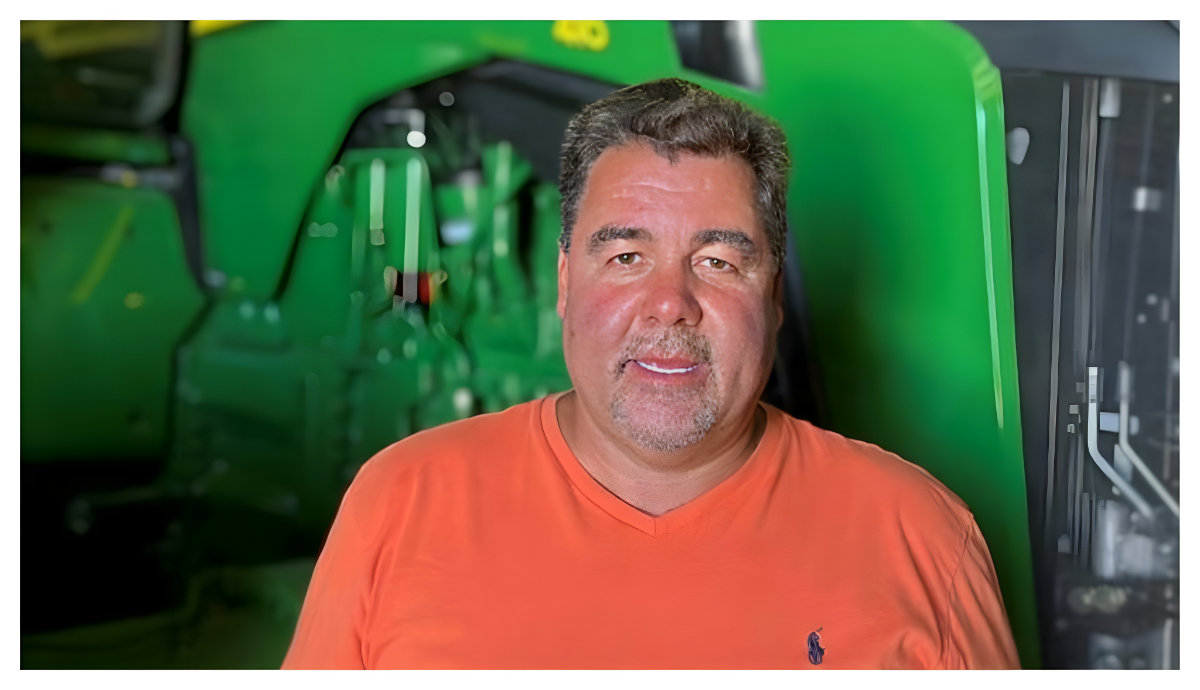 Bill Calder
Bill Calder


Resilience Rising
A climate for change
Throughout Indiana’s rich history, agriculture has played an important role in the state’s economic and cultural identity. Corn and soybeans are the most widely grown crops, making up approximately 60 percent of the agricultural products sold in Indiana.
But beneath the feet of Indiana’s farmers, a crisis is unfolding. Scientists have identified the Midwestern States as some of the most vulnerable to drought and heat waves as they collide more often in the future. With a vision grounded in a deep understanding of the land, Bill Calder is dedicated to building a resilient supply chain that can survive the new combination of stresses bought by climate change.
The tenants of sustainable farming
After completing his degree in Agricultural Economics from Purdue University in 1986, Bill Calder returned to central Indiana, becoming the third generation of his family to operate the farm. Under his leadership, the farm grew significantly and now encompasses 5,000 acres.
What makes Bill’s story unique is the way in which he has built and sustained the farm – he only owns 10% of his land. Through his ability to develop open lines of communication and his commitment to serving as a good steward of the land, Bill has cultivated strong relationships with the 35 landlords who own the remaining acres he farms.
A community leader
Although Bill’s dedication to creating more sustainable fields for each of his landlords, while also meeting their production expectations is a challenging undertaking, his achievements have established him as a leader in his community. He has continuously improved the sustainability of corn and soybean production by addressing their environmental impact. This includes implementing topsoil-conserving no-till farming practices, which also increase levels of organic matter, and installing water management measures such as filter strips and subsurface drainage to move water without moving soil while also reducing fertiliser use.
Cultivating land and relationships
Bill has leant heavily on his UPL representative, Helena, to create field-specific blends of fertilizers and herbicides such as Tepera Plus HD and Metricor for the last four years and appreciates the high-quality suite of products. Both Helena and his crop consultant help Bill to research new technologies to make his operation even more efficient and sustainable. Bill tells us he considers considerers himself extremely fortunate to have been able to live a life dedicated to both cultivating the land and the relationships that make it possible.

Related Stories
